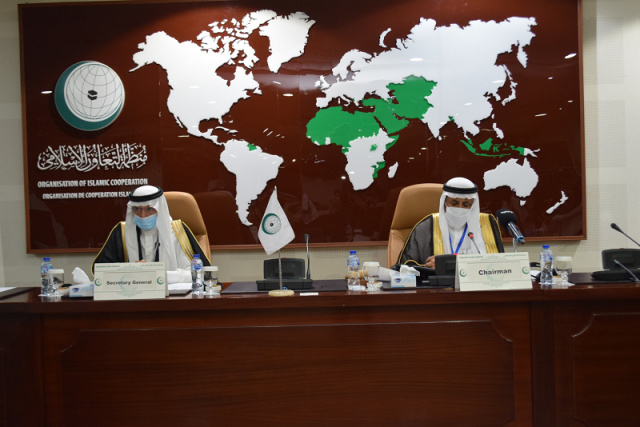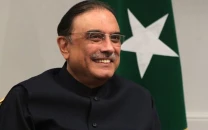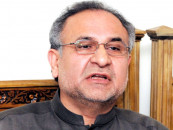Two extraordinary OIC sessions and two contrasting goals
The agenda for Sunday’s meeting is in clear contrast with the one held in 1980

Forty-one years ago, when foreign ministers of the Organisation of Islamic Cooperation (OIC) met in Islamabad for an extraordinary session on Afghanistan, the agenda was in contrast to the one scheduled to be held in the federal capital on Sunday.
The extraordinary meeting held from January 27 to 29 in 1980 was convened against the backdrop of the Soviet Union’s invasion of Afghanistan. The final declaration approved the suspension of Afghanistan’s OIC membership, in addition to cutting its financial and humanitarian aid, because the 57-member bloc wanted to penalise the Soviet-backed government in Kabul.
The declaration decided to withhold recognition of the “illegal regime” until the complete withdrawal of Soviet troops from the country. It also called upon all member states to stop aid and all forms of assistance given to the regime.
Now, 41 years later, the foreign ministers of OIC member-states are set to meet for another extraordinary session, but this time they are seeking humanitarian aid and economic assistance for Afghanistan.
Pakistan, the host of the conference, is seeking the support of the international community to prevent a humanitarian catastrophe and economic collapse of Afghanistan.
Ahead of the meeting, Foreign Minister Shah Mahmood Qureshi appeared to be confident of an international consensus on the matter.
As senior officials of the OIC finalised the agenda for the session, Qureshi claimed that world was now coming to the same point that Pakistan had maintained for a long time. He warned that a humanitarian crisis and economic collapse of the country would affect the entire world, stressing that Europe too would witness an influx of refugees.
A number of delegates from the OIC and other countries arrived in Pakistan on Saturday. Afghan Acting Foreign Minister Amir Muttaqi held talks with his Pakistani counterpart.
Pakistan feels that the Afghan Taliban have the rare opportunity to put forth their perspective before the largest international gathering.
Read OIC diplomats arrive as Afghans face humanitarian catastrophe
The international community is concerned over the deteriorating humanitarian situation in Afghanistan, but is reluctant to work with the Taliban because many western countries believe that the group is yet to fulfill its responsibilities. They are particularly concerned over the rights of women, rights of girls to education, inclusive governance and alleged ties with terrorist outfits.
On the condition of anonymity, a Pakistani official told The Express Tribune that the participants of the meeting will have a chance to expresses or share their concerns before the top Taliban diplomat.
Meanwhile, United States special envoy also arrived in Islamabad on Saturday and termed the OIC meeting as a “timely initiative”. However, observers believe that the US is unlikely to make any huge commitments to the Afghan cause as the issue no longer remains a priority for President Jo Biden administration.
The day-long conference will be held at the Parliament House. It is rare for such events to be held in the main halls of the National Assembly, which is particularly reserved for elected members of the lower house.
Foreign Minister Qureshi will open the meeting while his Saudi counterpart and the secretary general of the OIC are also scheduled to speak during the inaugural session.
Prime Minister Imran Khan will deliver the keynote address. His speech, according to official sources, will focus on drawing the international community’s attention towards the deteriorating situation in Afghanistan. He will also seek the international community’s help and will press the western countries to avoid abandoning Afghanistan. He will also call for unfreezing of Afghanistan’s foreign assets as well as the restoration of financial and banking channels.
The OIC conference is taking place at a time when the United Nations says nearly 23 million Afghans are facing acute food shortage while 3.2 million children at risk of malnutrition. Similarly, the United Nations Development Programme has warned that 97 percent of Afghans could slip below the poverty line by 2022 if urgent steps are not taken to mitigate their problems.




1724319076-0/Untitled-design-(5)1724319076-0-208x130.webp)














COMMENTS
Comments are moderated and generally will be posted if they are on-topic and not abusive.
For more information, please see our Comments FAQ